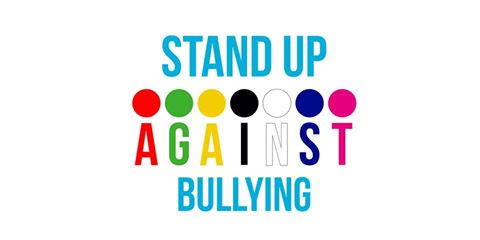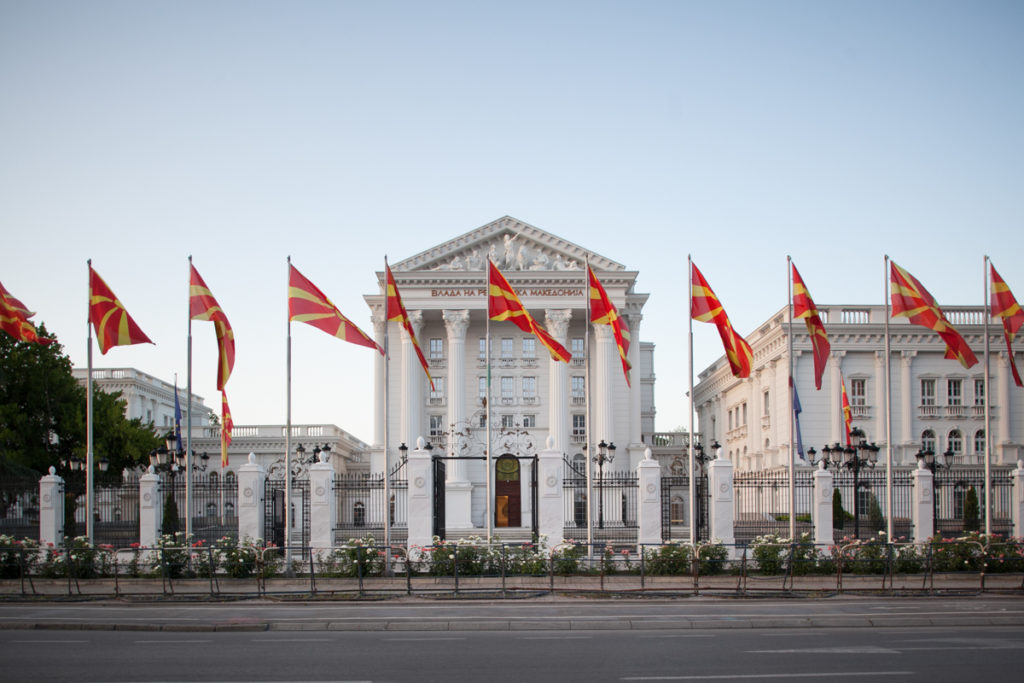
Background of the event
This training course gathered a group of teachers and staff connected to the education field for sharing good practices in addressing racism, xenophobia and bullying amongst youth in schools, as well as exploring how to develop and include activities based on intercultural learning in their work.
The training course was envisioned in the project to cover the need of training the staff working in the partner organizations on diversifying the methodology used in their work when addressing bullying. Given the great diversity of stakeholders involved in the project (NGOs, research institutes, school inspectorates, school staff, etc.), it was imperiously necessary for the partners to meet for a staff training that would explore their potential and would equip them with new tools that can be incorporated in their work with young people.
Since the project has been already running for 10 months, most of the participants already knew each other from online interaction, from the kick-off meeting in Rome, Italy and from the study visit in Kayseri, Turkey. Thus the training had the chance to exploit the results of the research conducted in the previous months and to build on the experience of the study visit and the flashmob that was held in Kayseri. The training is believed to be useful in the context of the local activities that every partner will be organizing in the upcoming months in their own communities.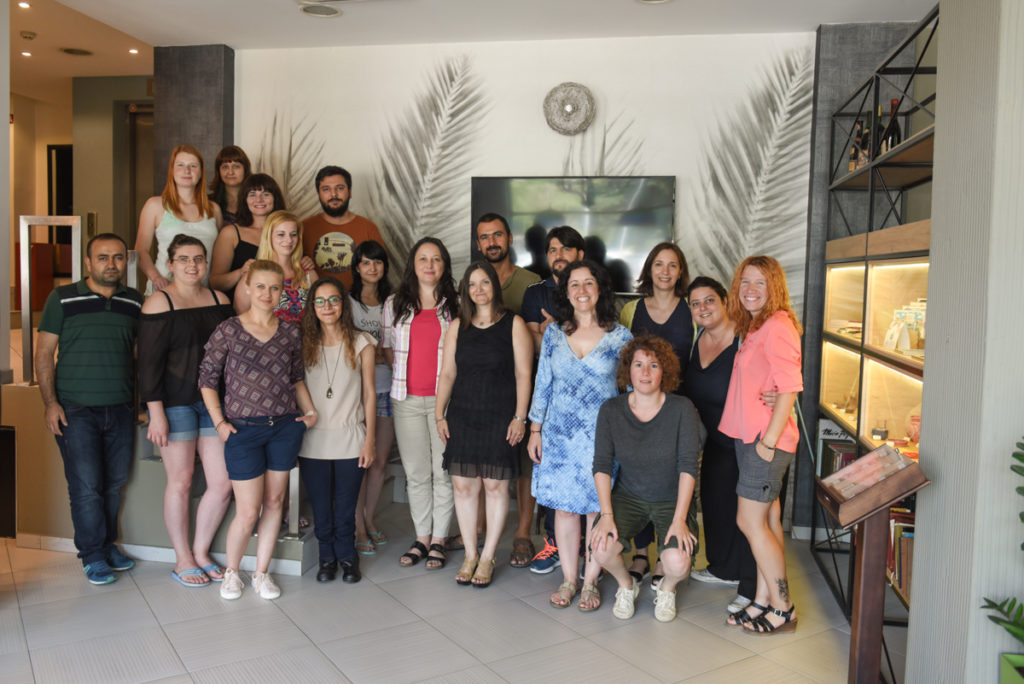
Needs addressed by the activity
This joint staff training addressed the need of equipping teachers and practitioners with practical tools that use non-formal education to develop intercultural the competences of the youngsters they work with. In all the partner countries that are part of the SUAB project, non-formal education as a methodology is not recognised officially in schools and thus human rights education and intercultural learning are happening to various degrees and not in a structured way.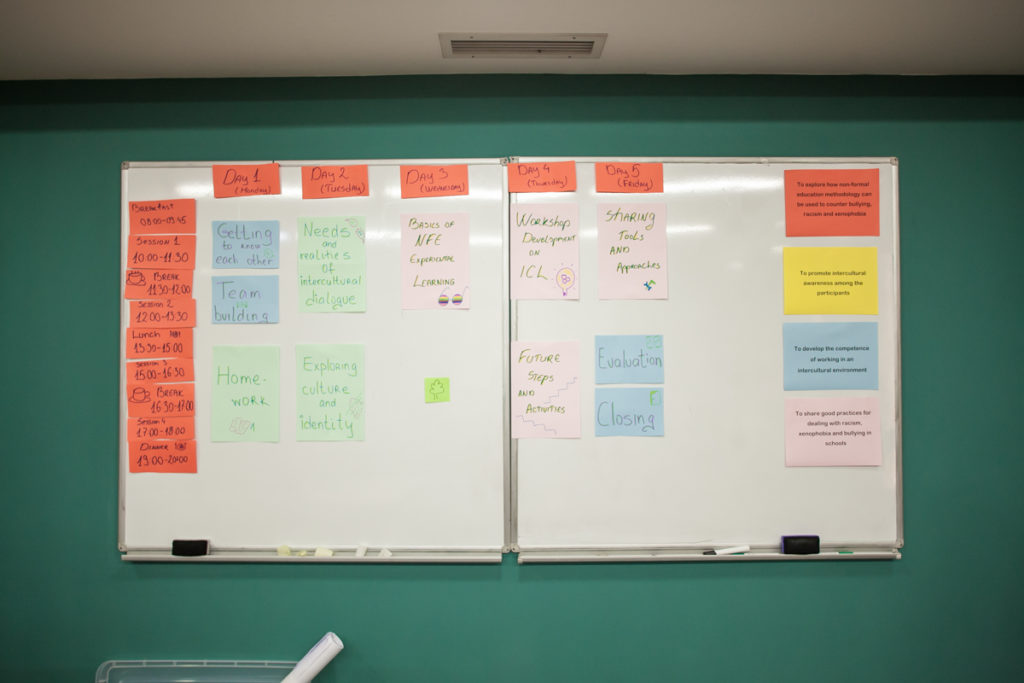
Educational approach
All activities used are based on the principles of non-formal education. The team of trainers shared their inputs, knowledge and experience with the participants, equipping them with competences related to culture, identity and activity planning and development. In order to ensure that everyone´s learning needs were met, the trainers´ team were using different methods that would suit different learning styles.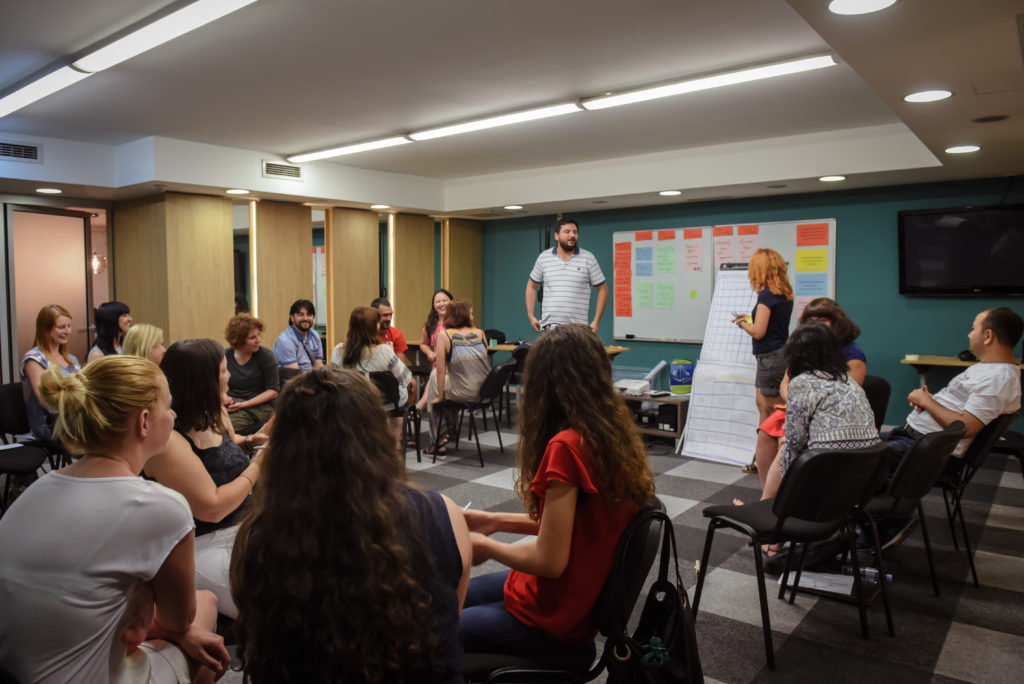
The learning during the activity happened on multiple levels, out of which:
Trainers team – participants, and vice versa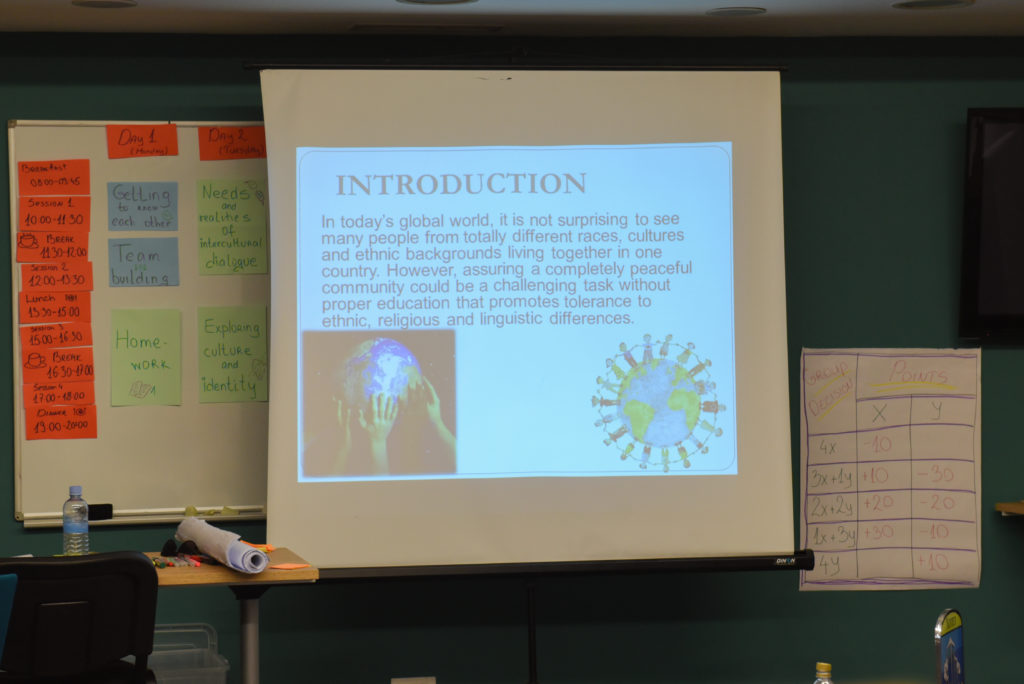
Since Center for Intercultural Dialogue has an extensive experience in working on intercultural learning and in developing activities using the non-formal education methodology, the trainers contributed to the competence building process of the whole group by sharing from their experience and by supporting the group´s learning process.
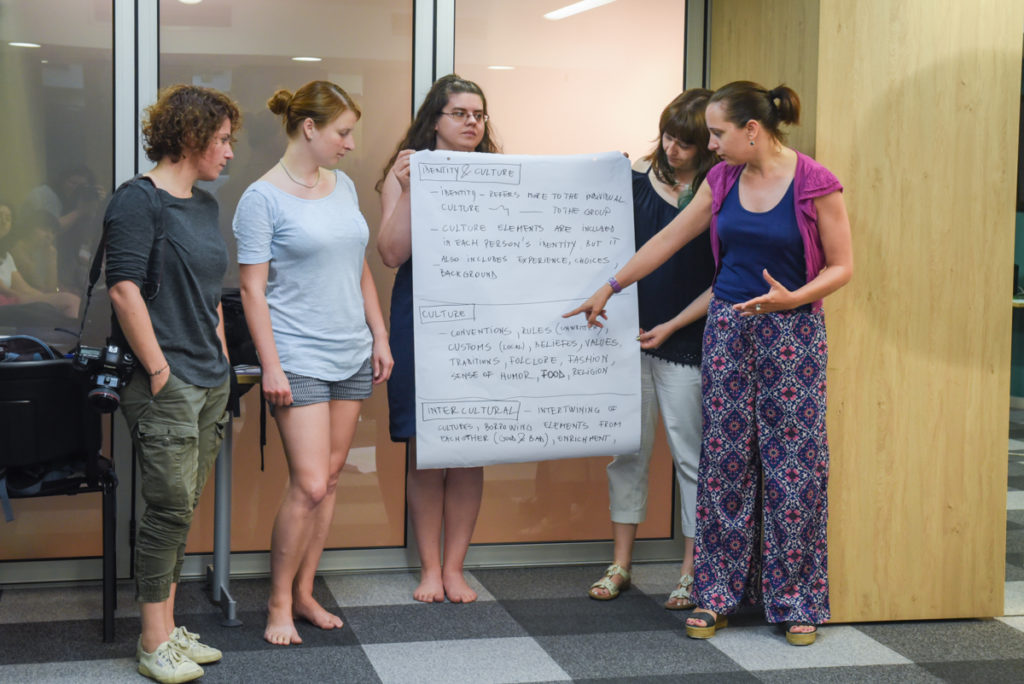
The participants worked in groups several times and had the opportunity to share good practices and tools from their realities and work and to mentor each other with advice and peer-to-peer support.
The selected methodology focused mostly on encouraging the participants to share ideas and practices and to discuss their applicability by evaluating their own realities. The sessions were designed in a way that would combine theoretical inputs with practical activities (simulations, small group discussions), presentations in small and big groups, world café, with the aim to always analyse how all the learned theories and methodologies can be applied practically in their day-to-day work.
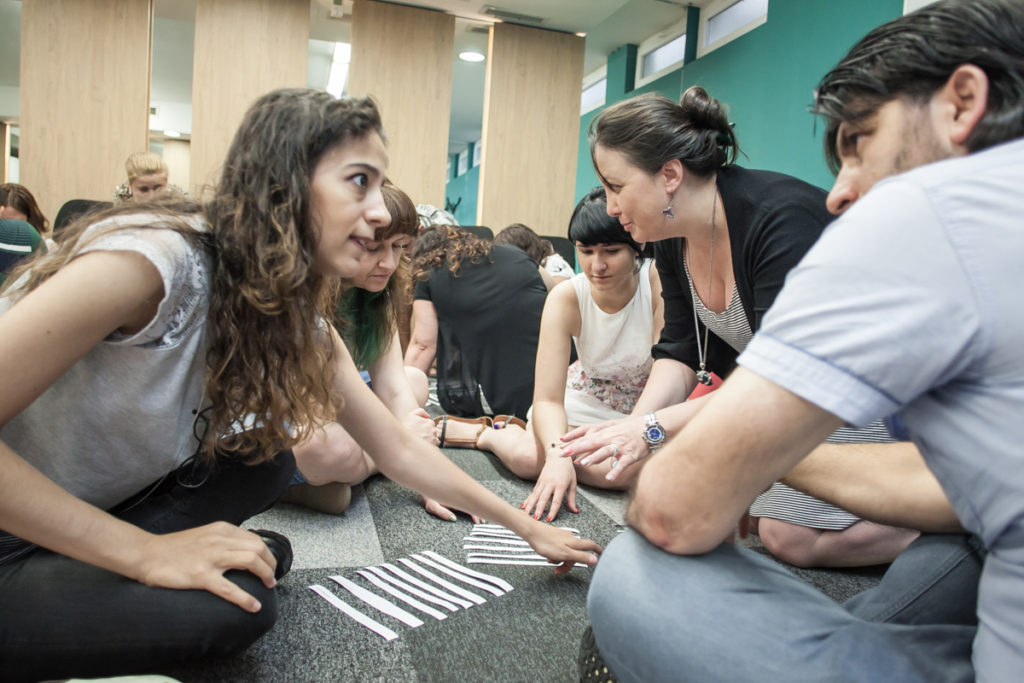
The team had a good collaboration, with constant meetings to evaluate the flow and to adapt the programme. The trainers divided their roles and tasks based on each one´s experience and area of expertise.
The participants learned about how they can use non-formal education to develop activities that can be used in schools. From the session of sharing their local reality, the group learned about good practices in different communities that are not necessarily related to school but that could engage young people in intercultural dialogue. The participants also got a package of manuals and resources that can help them in the process of developing activities.
